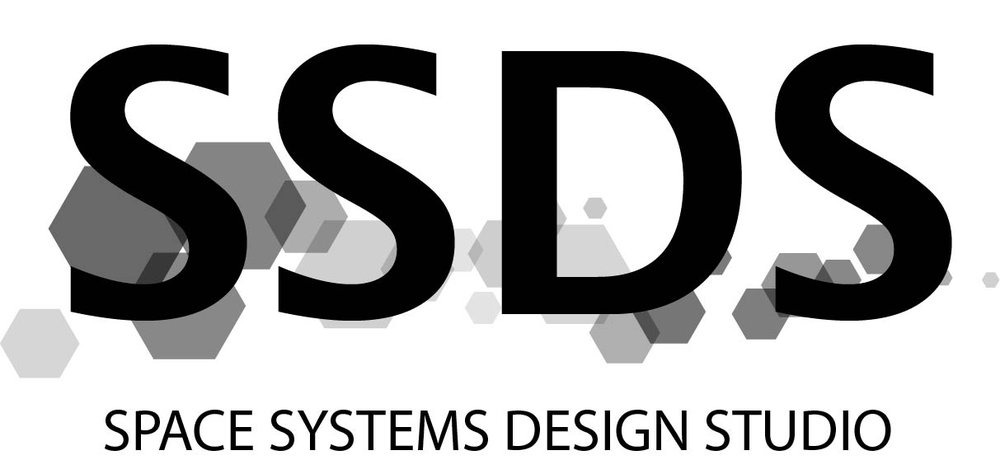Opportunities
SSDS seeks to push the boundaries of spacecraft capabilities through novel applications of modern physics and innovative design. We are currently engaged in several flight and research projects to demonstrate concepts, provide research testbeds, and enhance the state of spaceflight technology. Our team consists of faculty, Ph.D./M.S. candidates, M.Eng. students, and especially undergraduates.
Graduates from our lab have interned, worked, and risen to senior management roles at places like NASA, SpaceX, Draper, Northrop Grumman, Jet Propulsion Laboratory, Lockheed Martin, Boeing, MIT Lincoln Laboratory, Raytheon, General Dynamics, Blue Origin, Planet Labs, Apple, Facebook, Google and many more!
Due to reaching headcount, we unfortunately will not recruit for undergraduate research positions in Spring 2026, but are actively searching for M.Eng Students.
Information session slides (Fall 2024) : General SSDS, ChipSat Overview, DeSCENT (Suborbital ChipSat Launch), Alpha (CubeSat + ChipSat-Sail), Sailing to the Stars (ISS Light Sail Deployer)
If you have questions about SSDS or the application, please email Mark Lohatepanont (ml2828@cornell.edu). The application process is rolling. Please apply early!
PH.D.
If you are a prospective Ph.D. student, please apply to the Ph.D. Degree program through Cornell’s Sibley School of Mechanical and Aerospace Engineering and express interest in SSDS on your application.
M.ENG.
We are actively seeking M.Eng. students for research activities during Fall 2025. Please apply here. Additional projects supervised directly by Prof. Peck can be found here. Please reach out to him individually regarding those.
Project Areas:
ChipSats
ChipSat Ground Station (1 Student)
Thermal Vacuum Chamber automation (1 Student)
undergrad
We are actively seeking undergraduates for research activities during Fall 2025. Please apply here.
Project Areas:
ChipSats
ChipSat Ground Station (1 Student)
ChipSat Integration and Testing (1 Student)
DESCRIPTIONS
ChipSats (lead: Mark Lohatepanont (ml2828@cornell.edu)
ChipSats are gram-scale PCBs that can fit in the palm of your hand, but thanks to the miniaturization of electronics, contain all of the essential functionality of a much larger satellite. They’ve been in development at SSDS for the past decade and previous generations of these tiny Spacecraft have flown on the ISS, been deployed into Low Earth Orbit, and have been tested in Earth-based contexts in vineyards and on dairy farms. Currently we are investigating their use as flight computers onboard a free-flying light sail for the Alpha mission, and the potential for swarms of these ChipSats to survive atmospheric entry and disperse during descent (DeSCENT mission). We're looking for students who can take the lead with the following tasks:
ChipSat Ground Station
Tracking and receiving signals from a swarm of 100 ChipSats during atmospheric descent is a challenge. Students in this role will integrate with the ground station and build a program to visualize downlinked GPS coordinates and sensor data in real-time to support recovery efforts. This role blends RF hardware selection with software development for data visualization.
ChipSat Integration and Testing
Our current generation of ChipSats have entered its final stage of development and we are moving into a verification stage of the hardware. Students in this role will build our current generation ChipSats, conduct testing on its power, RF, sensor package, and software systems and verify that they meet this mission goals for DeSCENT.
Thermal Vacuum Chamber Automation
Our lab operates an on-site thermal vacuum chamber used for thermal verification of our hardware. The current system relies heavily on manual operation, and we are seeking students to develop and implement automation solutions, including closed-loop temperature control, automated data logging, and integrated alarm systems.
